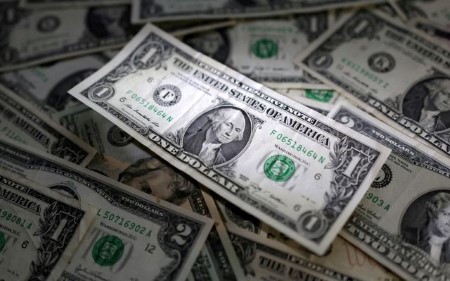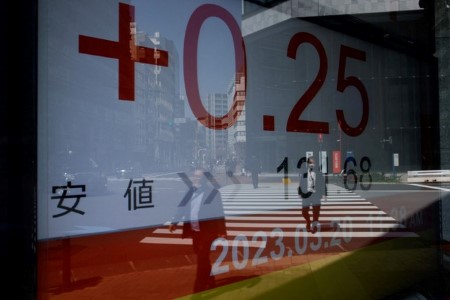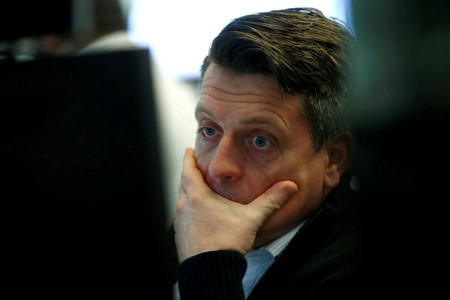NEW YORK, July 25 (Reuters) – Oil prices rose to three-month highs on Tuesday, as signs of tighter supplies and pledges by Chinese authorities to shore up the world’s second-biggest economy lifted sentiment.
Brent LCOc1 futures settled up 90 cents at USD 83.64 a barrel, after hitting USD 83.87 earlier, the highest since April 19.
US West Texas Intermediate (WTI) crude rose 89 cents to USD 79.63. The contract earlier rose to USD 79.90 a barrel, also the highest since April 19.
The crude benchmarks have already clinched four weekly gains in a row, with supplies expected to tighten due to output cuts from the Organization of the Petroleum Exporting Countries (OPEC) and allies.
Earlier-loading Brent contracts are selling above later loadings, a price structure known as backwardation indicating traders see tight supply, with the six-month spread near a 2-1/2-month high.
“The market is getting more concerned about the trend of tightening oil supplies, and it’s becoming more obvious to the naysayers that the expected drop-off in demand isn’t happening,” Price Futures Group analyst Phil Flynn said.
In China, the world’s second-biggest oil consumer, leaders pledged to step up economic policy support.
Still, some economic data limited gains. In the euro zone, business activity shrank more than expected in July, a survey showed.
In the United States, business activity slowed to a five-month low in July, a closely watched survey showed. But falling input prices and slower hiring indicate the Federal Reserve could be making progress in its bid to reduce inflation. Markets anticipate 25-basis-point rate hikes from both the Fed and the European Central Bank this week.
US crude oil and distillate inventories gained last week, while gasoline stockpiles fell, according to market sources citing American Petroleum Institute figures on Tuesday.
Crude stocks gained by about 1.32 million barrels in the week ended July 21, according to the sources who spoke on condition of anonymity. Gasoline inventories fell by about 1.04 million barrels, while distillate inventories rose by about 1.61 million barrels.
US government data on inventories is due on Wednesday.
Sending a bearish signal, a 110,000 barrel-per-day unit at the huge US refinery in Baton Rouge will be shut for up to four weeks, sources said.
(Reporting by Stephanie Kelly; additional reporting by Shadia Nasralla and Sudarshan Varadhan; Editing by Susan Fenton, Sharon Singleton and Bill Berkrot)







 DOWNLOAD
DOWNLOAD










